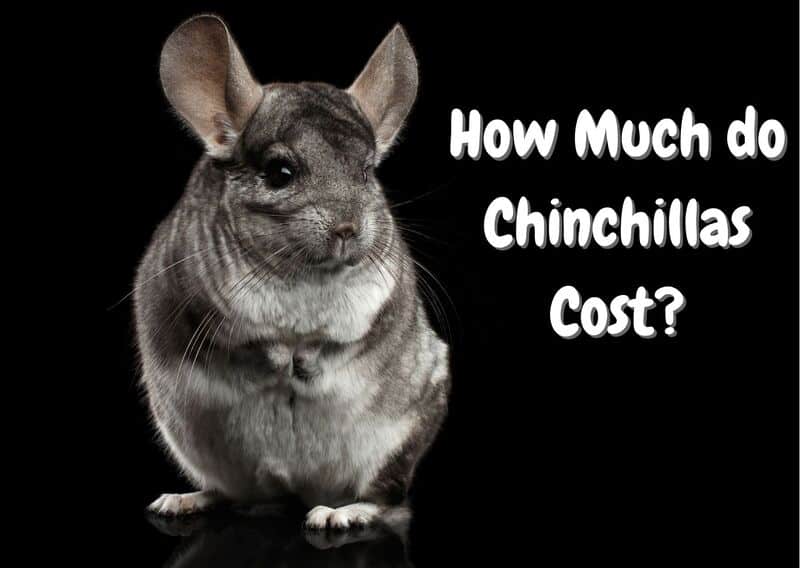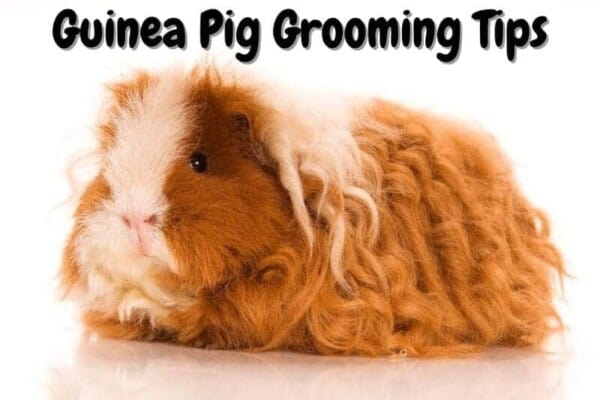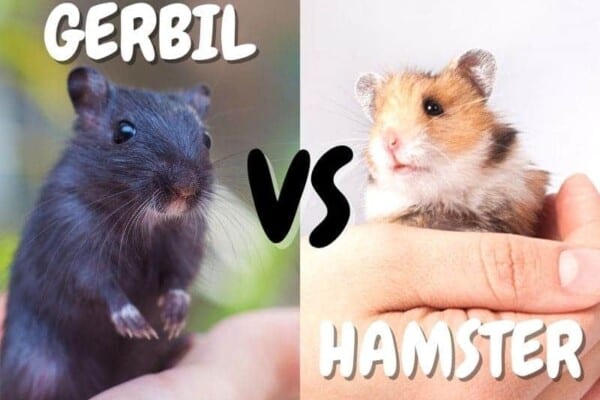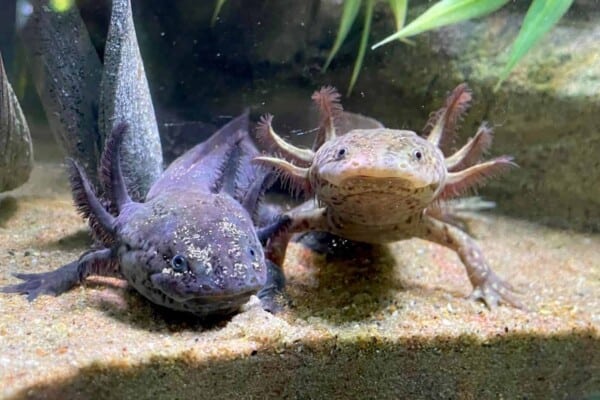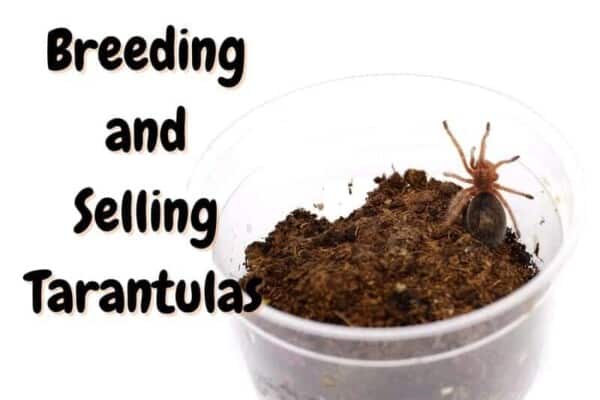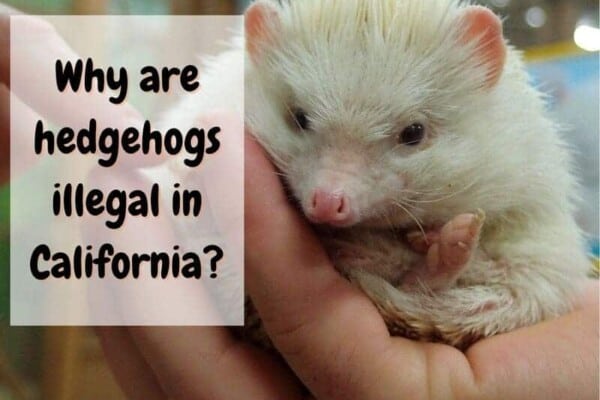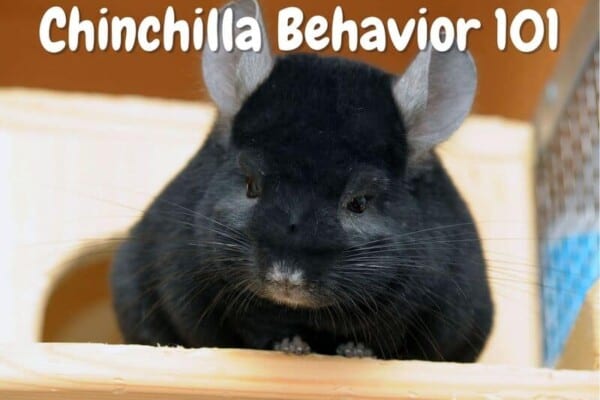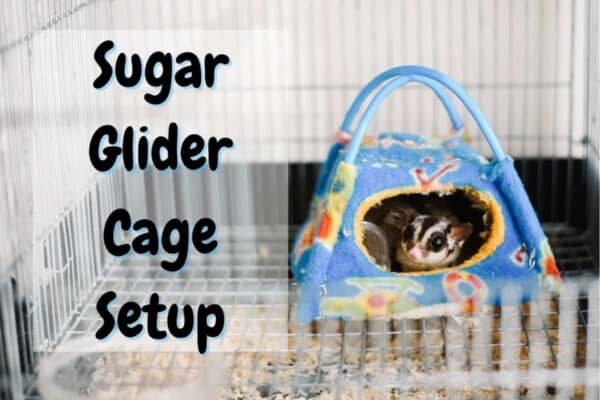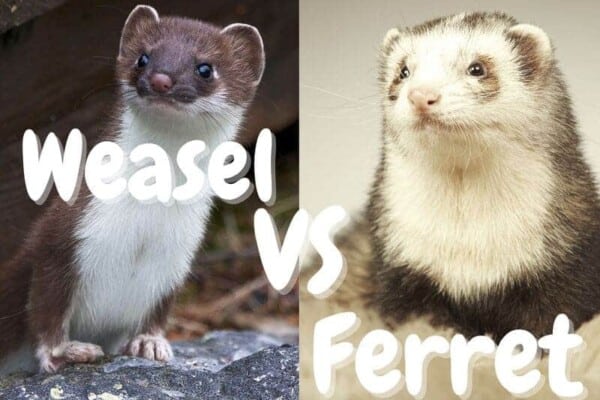Before you decide to buy a chinchilla, you should know a little bit about how much these furries cost. Not just the initial chinchilla cost, but all of the essentials you will need to feed, groom, and house them.
In this vital guide, we will go over all of the important cost breakdown factors you need to know beforehand.
How Much Does a Chinchilla Cost?
The cost of buying a chinchilla will depend on several factors, like how popular the breed may be, and even the cost mark-up of select breeders. There are many kinds of colors and patterns and because they can be so rare, the price goes up several hundred dollars.
In general, a chinchilla costs between $75 USD and $125 USD for standard colors, and between $125 USD and $250 USD for mutation colors and special select colors. Very rare chinchilla breeds can reach several thousands of dollars.
| Standard colors | $75-125 USD | Grey, beige, black |
| Mutation colors | $125-225 USD | white and mosaic, pink/white, hetero beige |
| Special select colors | $175-250 USD | ebony white, chocolate, violet |
| Special breeds | $400-12,000 USD | show quality to breeding quality |
Standard colors that you can find anywhere will include grey, violet, ebony, beige, sapphire, white, and black. Their cost depends on the mixture or rarity of a mutation, which is what special breeders are doing.
Certain colors are obtained from careful breeding tactics, so it is hard to control if you are new to breeding chinchillas. Experienced breeders will know which breeds are best at the color selection. More desirable colors and the level pedigree of their fur will be an added cost as well.
Generally saying, the better quality of chinchilla you want to have, the higher the outgoing cost is going to be. This has nothing to do with the temperament or personality of your chinchilla. In fact, some very highly selective breeds tend to be more problematic to have as pets.
Show quality chinchillas
There are pet owners who compete for a living and bring their chinchillas all over the country to chinchilla championships. These are specially bred chinchillas that have certificates showing their accomplishments. While many of these win fancy titles, it’s the breeding that the owners make money from. If you want your hands on one of their babies, be prepared to pay a large sum.
In some very exotic breeds that are bred by professionals, the costs can soar into the thousands. For one select breed called the Royal Persian Angora, the cost can skyrocket as much as $15,000 USD or more for a single female. But these are extreme cases meant for exclusive owners who probably import their volcanic dust bath ash directly from the Andes Mountains.
Associated costs of owning a chinchilla
For your chinchilla to be well-cared-for and happy, you will need a cage, hammocks, toys, dust houses, and volcanic ash for their dust bath. There are also their grooming supplies and monthly expenses for food and hay your need to buy.
While these might sound cheap because chinchillas are tiny, they do need to be good-quality supplies, especially when it comes to their food, hay, snacks, and dust bath material. Chinchillas sleep many hours during the day so any kind of bedding you get them should be of high quality too.
An overview of the associated cost of owning a Chinchilla
| Items | Price | Notes |
|---|---|---|
| Cage | $75-300 USD | Depending on the quality of the cage |
| Hiding house/nesting box | $10-15 USD | |
| Hay feeder | $5 USD | can be more depending on the style |
| Hammocks | $10-15 USD | |
| Toys | $5-20 USD | |
| Hay | $20-30 USD | per 6.5Lb bag- enough for 4 months |
| Pellets | $20-30 USD | per 10Lb bag- enough for 4 months |
| Dried snacks/goodies | $10 USD | |
| Grooming supplies | $15-20 USD | Per kit |
| Dust bath | $10-20 USD | per 2Lb bag/ depending on brand with enough for one year |
| Dust bathhouse | $10-15 USD | depending on brand and style |
Chinchilla Associated Cost – Initial, Week, Month, and Year Overview
| Regularity | Price | Notes |
|---|---|---|
| Initial Start-Up Costs | $150-400 USD | Housing / Accessories |
| $60-80 USD | hay, food, and snacks for the first 4 months | |
| Weekly | $2-$3 USD | food and water |
| Monthly | $10-$15 USD | food and water |
| Yearly | $120 – $200 USD | food and water mainly |
What are some chinchilla health expenses?
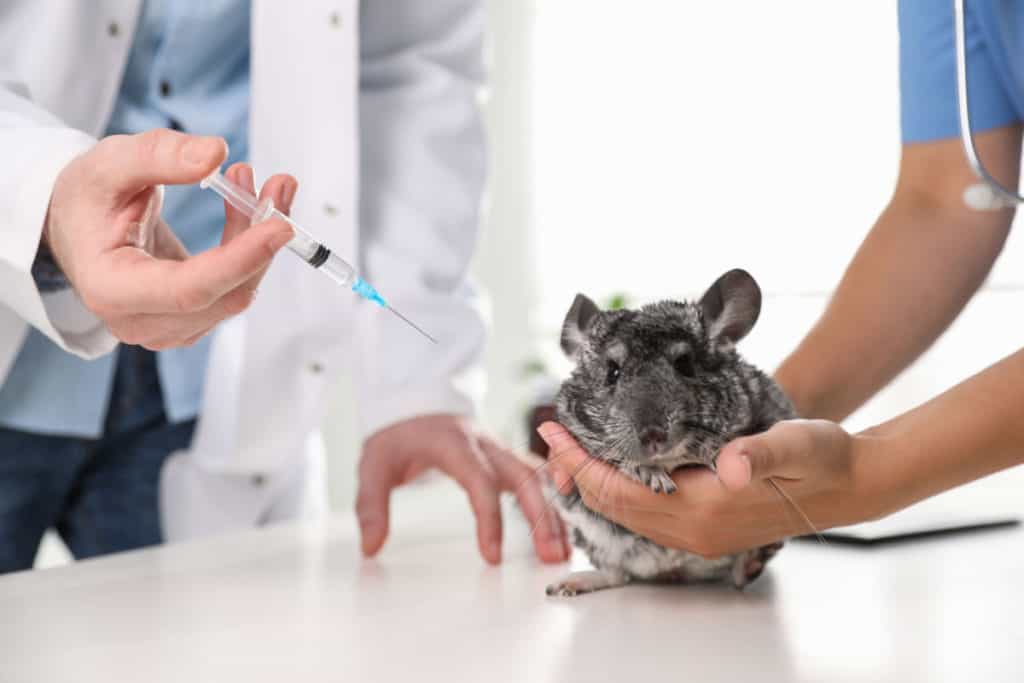
For the most part, chinchillas are resilient to all sorts of sicknesses and don’t need visits to the vet to have shots. If they suddenly stop eating, they need to get to the vet very quickly so they can have a nutrient injection. This can happen if they don’t eat at least twice a day.
Since they are so fragile mentally, stressful situations can cause them a lot of physical problems. Even a dirty cage can trigger physical problems that will need treatment from a vet that you will ultimately add to your cost breakdown. If you give them everything they need and allow them to have the right environment and temperature, they will do well.
| Treatments | Price | Notes |
|---|---|---|
| Vet costs per year | $40-60 USD | consider the initial visit is the same |
| Injections | $15 | for vitamin shots due to not eating – otherwise, they don’t need vaccinations |
| Various treatment | $200 (or more) | treatments for parasites and emergency visits |
| Insurance | $150-250 USD | optional but sometimes useful |
Other factors that will influence the price of a chinchilla
Animal rights groups have been a strong voice against animal products including chinchilla fur coats. But that has not affected an emerging market for fluffy exotic pets that are sometimes more interesting than the average puppy or kitten. Because this popularity is being geared towards uncommon animals, it’s no surprise that we are seeing chinchillas flooding the market and prices go up as a result.
Buying a chinchilla at an exotic pet exposition: $150 – $2,000 USD
The sellers at these shows often have very rare mixes that are for sale, making them a good option for you. You can go to any of these shows and walk home with a new chinchilla that you would otherwise never find in a pet shop.
The good thing is that these chinchillas are bred by professionals who like to experiment in their breeds. No two breeds come out looking the same, so they’re always unique – and often quite expensive. Prices start around $150 USD and may fetch into the thousands.
Buying a chinchilla from a private breeder: $80 – $300 USD
The older and established chinchilla breeders who centered their efforts to raise these animals intended for the fur trade have fallen on hard times. Some of these breeders have switched gears and now focus their attention on pet breeding. It’s a smaller-scale operation that obviously turned into an exclusive business for those who left the fur trade business.
Private breeders know which breeds are more desirable and they know how to breed chinchillas with ease. They often will charge more since they know they are rare because of their color. You won’t find these kinds of colors at pet stores, so ultimately they can charge double on their end.
Buying a chinchilla at a pet rescue or shelter: $0 – $100
It’s very uncommon to find a chinchilla through a pet rescue, and if you do, they are practically guarded to find the right owner. Unless you’ve raised or had experience with chinchillas, a pet rescue will carefully screen candidates and narrow down who gets to adopt a secondhand chinchilla.
It can be a nerve-racking experience to be turned down by animal shelters that don’t want a timid animal going to an inexperienced owner. But if you manage to do so, you may get a chinchilla for a fraction of the price you would normally pay otherwise.
Chinchilla prices might vary depending on where you live
The price does depend on where you buy your chinchilla, even if you buy them locally in your hometown. A pet shop will most likely offer sale prices on general breeds that are purchased from local breeders. Imported chinchillas will have higher costs since they come from breeders who bring them in especially for chinchilla enthusiasts.
Availability in your state
All throughout the US, you can find a common chinchilla costing about 80 dollars. Depending on how rare the breed may be the cost can shoot up as high as 400 dollars.
There is always going to be the issue of what is available in your state or country since chinchilla farms are regulated by state and country guidelines. This will have an immediate effect on the cost passed down to you. If these are private breeders, they offer standard breeds that will obviously be cheaper to sell.
So if you want a specific color, this will be harder to find unless you start contacting breeders on the internet. These are harder to buy since there can be laws and guidelines for animals allowed to be sold online too. Having them transported can be a cost issue that also might not be so easy if they come from a different state or country.
Is the price of chinchillas much different in other countries?
- In the UK, chinchilla prices range between 60-260 British Pounds ($80-350 USD), so this is nearly the same in the US.
- Australia cannot sell or is allowed to sell chinchillas since they might destroy their natural ecosystem. For this reason, chinchillas have been banned all-throughout Australia as a whole.
- Taking a look at Canada is a different story since it’s legal to own a chinchilla but it’s against the law to import anything that is not bred locally. You cannot travel with them between territories either. Cost-wise, the Canadian-bred chinchillas will cost between 150-350 Canadian dollars ($118-276 USD). These Canadian breeds are the kind that you can buy from pet stores. Some prominent breeders in Canada charge from $300-1500 CAD ($236-1,100 USD).
Price of an adult chinchilla VS a baby chinchilla
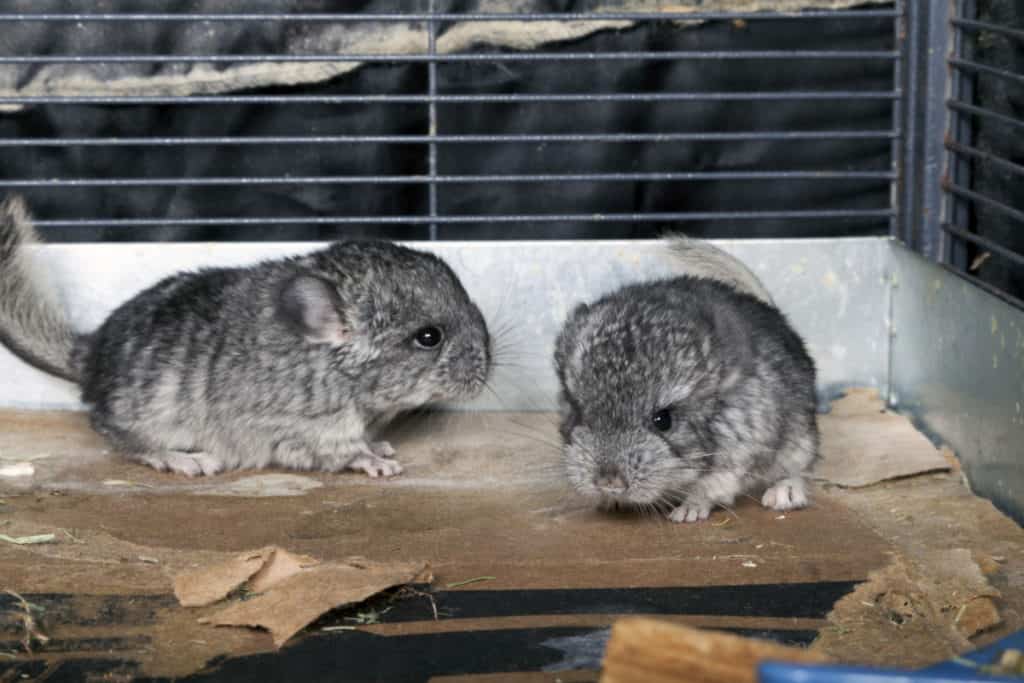
Chinchilla breeders don’t often sell a grown chinchilla unless there is a reason. It can be coming from a previous owner who needs to sell their pet. It can also come from a home where the owner has given it up to an animal rescue for whatever reason. The cost will be slightly higher but not more than double the average cost.
It’s much better to buy a baby instead so you can bond with them easier. Babies won’t be as much money unless they are higher pedigrees or come from a custom breeder. In fact, breeders who sell adult chinchillas for breeding purposes will often charge more money. The babies that are sold in pet stores are often the cheapest alternative.
Should I buy two chinchillas or is one enough?
For any first-time owner of a chinchilla, we recommend getting used to having just one before you decide to buy another one. The reason is not that you should deny them from having a buddy since chinchillas like being around others in big groups. It is so you can bond with them on your own terms without interruption. Having a bonding period is easier if you just focus on a single chinchilla.
If you decide later to have another one, don’t wait for months. Chinchillas all have a natural instinct to become bossy over the younger ones. The females especially are the type that wants to boss around younger females. And since females are larger than males, they have the body size to be more aggressive. It will be harder for two chinchillas to have this happen if you buy them closer together at weeks or months old.
How do chinchilla prices compare to other exotic pets?
Cost of chinchillas VS Rabbits
The overall cost of a rabbit is $20-40 dollars (more for exotic colors) which is cheaper than a chinchilla by far. A standard chinchilla costs $80 on the cheap end, making a rabbit half the cost to initially buy. Housing will cost $200 USD for a hutch or cage and $40 USD for food and accessories per month.
Expect that vet’s costs will begin at $125-250 USD for initial shots and spaying. Regular visits will range from $40-60 USD per visit, plus annual visits. Don’t forget issues such as tooth and nail trimming which is $20-40 USD per vet visit.
Cost of chinchillas VS Guinea pigs
The cost of a guinea pig will range from $10to 40 dollars per guinea pig, but also the more exotic colors are pricier. This is a quarter of the cost of a chinchilla. Housing will cost you another $100-200 for a cage and supplies. Monthly food will cost another $20 per month to feed them.
Vet visits only require a once-a-year check-up which can cost up to $50 per visit. There are emergency visits that will cost more since they are small animals. Expect these will cost $80-120 for an emergency.
Cost of Chinchillas VS Hamsters
You can buy an average hamster for $5-10 dollars which is only a fraction of the cost of buying a chinchilla. The total cost of all the supplies for a cage, bedding, toys, and accessories is under $200 depending on quality. Feeding and bedding supplies are less than $10 per month making them very inexpensive pets.
They don’t need to go to a vet unless they have an emergency. This will cost you $80-120 per visit for a hamster specialist.
What to look out for before buying a chinchilla
There are issues you might not have thought about before you commit to buying a chinchilla. So check out carefully the pet you want to buy before committing to long-term ownership.
- Skin problems and foot sores: When you first have a look at a little chinchilla, you want to inspect the skin around the eyes and ears to see how it looks. If there’s scabbing or skin that looks like layers are lifting off, this can be a skin problem. If their little feet look cracked or swollen, it can mean they are living or have lived in damp or poor conditions. You can treat these with ointments and creams but it will tell you a bit about how these little guys were treated.
- Signs of shedding: This is hard to hide since all you need to do is to touch them to see if any hair comes off. Look at their body to see if they have patches of hair missing anywhere. This might be the result of being nervous and chewing off their hair. It can also be due to excessive noise causing them to worry. If a chinchilla is shedding it might also be a lack of a balanced diet if they came from inexperienced breeders.
- Overly nervous or shaking: Chinchillas are not the greatest little animals to deal with stress. They can react to loud noises and things that cause them to worry. If you get to see a chinchilla acting strange it might not be from any physical attribute but just stress in general. They will calm down soon enough when they enter their new home, so it is not always a bad thing. If they continuously shake it could be a bigger problem that needs help from a vet.
Contents
- How Much Does a Chinchilla Cost?
- Associated costs of owning a chinchilla
- What are some chinchilla health expenses?
- Other factors that will influence the price of a chinchilla
- Price of an adult chinchilla VS a baby chinchilla
- Should I buy two chinchillas or is one enough?
- How do chinchilla prices compare to other exotic pets?
- What to look out for before buying a chinchilla

